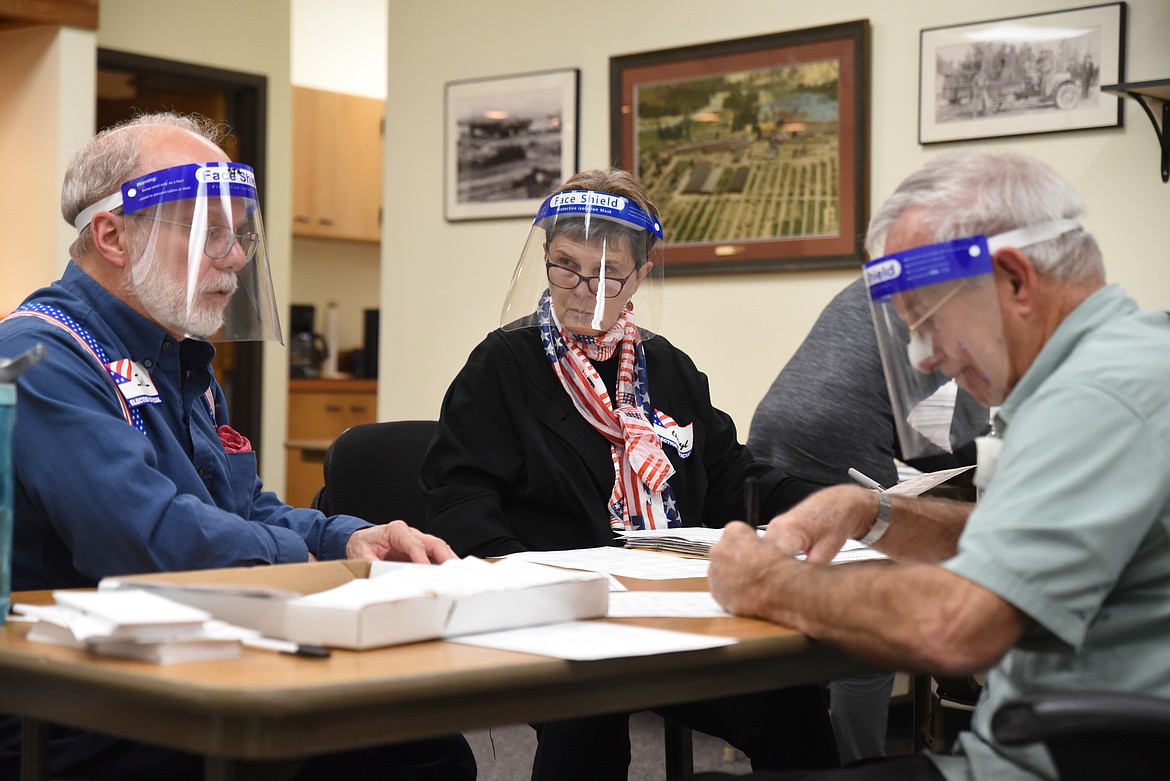Election integrity a hot topic in Helena
Amid the slew of bills that have cycled through Montana’s legislative chambers this year, state Sen. Mike Cuffe (R-Eureka) said there’s one issue that has dominated his constituent’s attention: voting and election regulations. ...
Become a Subscriber!
You have read all of your free articles this month. Select a plan below to start your subscription today.
Already a subscriber? Login



